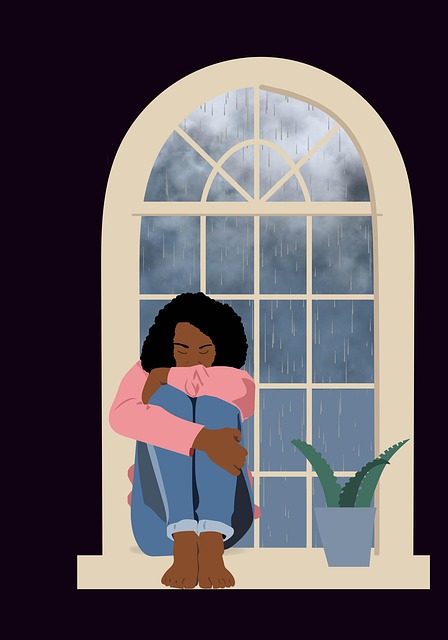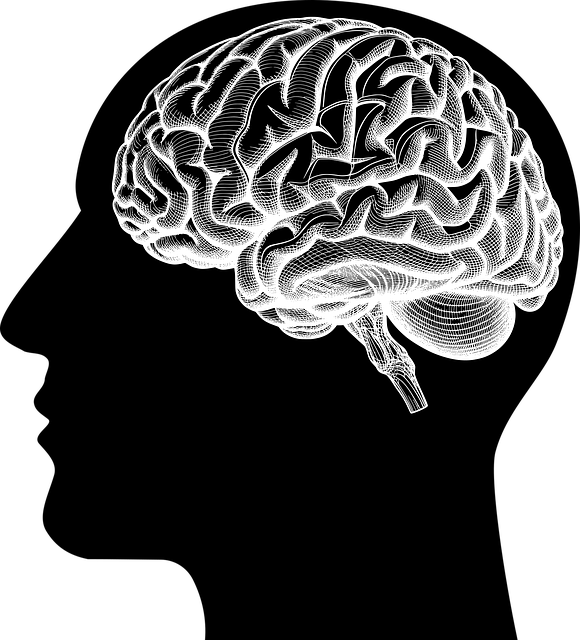Media portrayal profoundly influences societal perceptions of mental health, with positive representations encouraging help-seeking and normalizing conversations around wellness, while negative portrayals can perpetuate stigma. Accurate, diverse media depictions, such as those seen in practices like Longmont Trauma Therapy, foster inclusive Mental Health Policy Analysis and reduce harm. Stereotypes often misrepresent conditions like depression and anxiety, discouraging support-seeking. To combat this, media creators should consult healthcare professionals, highlight recovery stories, and offer educational initiatives—similar to Longmont Trauma Therapy's community engagement through workshops and exercises. Collaborative partnerships between media and mental health experts can empower audiences with accurate information, foster empathy, and revolutionize public perception towards a culture of care.
Mental illness representation in media plays a pivotal role in shaping public perception and understanding of mental health. This article delves into the profound impact of media portrayals, examining how they can either perpetuate stigma or foster empathy. We explore the current state of mental illness depiction, highlighting common misrepresentations. Through a case study of Longmont Trauma Therapy, we showcase responsible representation. Additionally, we offer strategies for accurate, empathetic media and emphasize the power of collaboration between media and mental health professionals to drive positive change.
- Understanding the Impact of Media Portrayal on Mental Health Perception
- The Current State: How Media Often Misrepresents Mental Illness
- Longmont Trauma Therapy: A Case Study in Responsible Representation
- Strategies for Promoting Accurate and Empathic Media Depictions
- Empowering Change: Collaboration Between Media & Mental Health Professionals
Understanding the Impact of Media Portrayal on Mental Health Perception

Media portrayal plays a significant role in shaping societal perceptions about mental health, which can have profound effects on individuals seeking support for their struggles. The way mental illness is depicted in films, television shows, and news articles influences public understanding and attitudes, often perpetuating stereotypes or, conversely, promoting awareness and empathy. For instance, positive representations of recovery in media can encourage people to seek Longmont Trauma Therapy and other forms of professional help, fostering hope and normalizing conversations around mental wellness.
However, negative or inaccurate portrayals can lead to further stigmatization and may discourage individuals from discussing their experiences openly. This is particularly important in addressing issues like stress management, as media can either promote healthy coping mechanisms or contribute to the marginalization of those with mental health challenges. Moreover, cultural sensitivity in mental healthcare practice is enhanced when media begins to reflect the diverse range of experiences within different communities, leading to more inclusive Mental Health Policy Analysis and Advocacy.
The Current State: How Media Often Misrepresents Mental Illness

Media often perpetuates harmful stereotypes when portraying mental illness, contributing to societal stigma and misunderstanding. Common misconceptions include depicting individuals with mental health challenges as violent, unpredictable, or completely broken—a stark contrast to reality. Many conditions are misrepresented, leading to a distorted view of what these disorders actually entail. For instance, depression is frequently shown as a fleeting moment of sadness, when in fact it’s a complex condition that can last for years, affecting every aspect of an individual’s life. Similarly, anxiety disorders are often simplified, with characters seemingly ‘overreacting’ to trivial situations, failing to capture the debilitating nature of persistent worry and fear.
This misrepresentation has significant implications, especially for individuals seeking support through Longmont Trauma Therapy or other mental health services. It can discourage people from reaching out due to fears of judgment or further stigma. Moreover, it fails to portray the diverse experiences of those living with mental illness and overlooks the potential for recovery and growth. To address this issue, media creators should prioritize authenticity, consult healthcare professionals like those offering Longmont Trauma Therapy, and highlight the inner strength development and emotional healing processes that can lead to successful outcomes. Additionally, Healthcare Provider Cultural Competency Training is vital to ensuring accurate representations that reflect the lived experiences of various demographics.
Longmont Trauma Therapy: A Case Study in Responsible Representation

Longmont Trauma Therapy stands as a beacon of responsible mental illness representation in media. This case study illustrates how a dedicated organization can challenge stereotypes and promote understanding through authentic storytelling. By focusing on real-life experiences and providing evidence-based treatments, Longmont Trauma Therapy offers a nuanced view of trauma recovery, empowering both victims and professionals alike.
The therapy center’s commitment extends beyond treatment; they actively engage the community through educational initiatives like Stress Management Workshops and Mental Wellness Journaling Exercise Guidance. Furthermore, their comprehensive resources for risk management planning cater to mental health professionals, ensuring safe and effective practices. This holistic approach not only addresses individual needs but also fosters a supportive network that celebrates recovery and challenges stigmatization.
Strategies for Promoting Accurate and Empathic Media Depictions

Creating accurate and empathetic media portrayals of mental health is a powerful tool for challenging stigma and fostering understanding. This involves diversifying narratives to represent the wide range of experiences within the mental health spectrum, ensuring characters with mental illness are not one-dimensional or defined solely by their condition. Collaboration between experts, individuals with lived experience, and diverse creative teams can bring authenticity to these stories.
By incorporating realistic portrayals, media can help promote essential discussions around depression prevention, burnout prevention, and stress management. Depicting characters navigating these challenges with compassion and complexity encourages viewers to recognize the humanity of those struggling and fosters a culture of empathy and support. Organizations like Longmont Trauma Therapy play a crucial role in this process, offering insights based on clinical expertise while ensuring media representations reflect evidence-based practices and sensitive handling of these complex issues.
Empowering Change: Collaboration Between Media & Mental Health Professionals

Media has a significant influence on shaping societal perceptions and understanding of mental illness. By fostering collaborative partnerships with mental health professionals, media can play a pivotal role in promoting positive change and challenging stereotypes. This collaboration offers a powerful tool to educate audiences about various conditions, dispel myths, and encourage empathy. Mental health experts can provide valuable insights, ensure accurate representation, and offer context, while media platforms can reach diverse audiences, raising awareness and fostering understanding.
Such partnerships can lead to more nuanced storytelling, promoting realistic portrayals of individuals living with mental illness. This collaboration encourages the development of compelling narratives that go beyond simplistic characterizations, reflecting the complexity of human experience. Moreover, it enables the promotion of self-awareness exercises and mood management techniques within media content, contributing to a holistic approach to mental health support—much like what Longmont Trauma Therapy offers in their risk management planning for professionals.
Media representation of mental illness plays a pivotal role in shaping public perception, often influencing how society understands and supports those dealing with such conditions. The case study of Longmont Trauma Therapy highlights responsible media depiction, demonstrating that accurate and empathetic portrayals can foster a more compassionate environment. By collaborating with mental health professionals, the media industry can challenge stereotypes, promote understanding, and ultimately empower positive change in mental health support. Adopting strategies to enhance accurate representation is crucial for creating a more inclusive society where individuals with mental illness are treated with dignity and respect.











